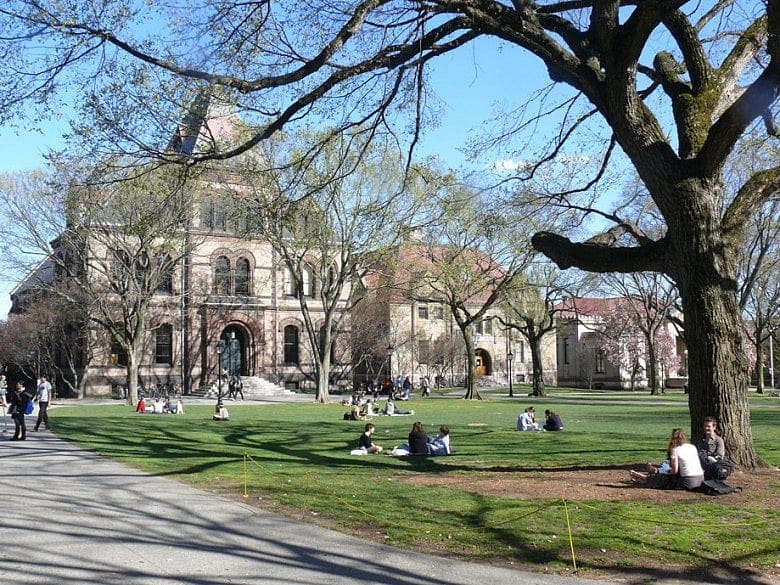Campus activists stir defenders of free speech

PROVIDENCE, R.I. – Voices are emerging to counter the din raised on college campuses by self-styled social-justice advocates as students who don't accept the need for "safe spaces" defend free speech against activists who would muzzle peers to weed out "microaggressions."
At Princeton University, where activists have staged campus demonstrations and sit-ins to force administrators to remove former President Woodrow Wilson's name from schools, buildings and grounds, a group calling itself the Princeton Open Campus Coalition recently coalesced to counter the activists, according to a report in National Review, a conservative magazine.

